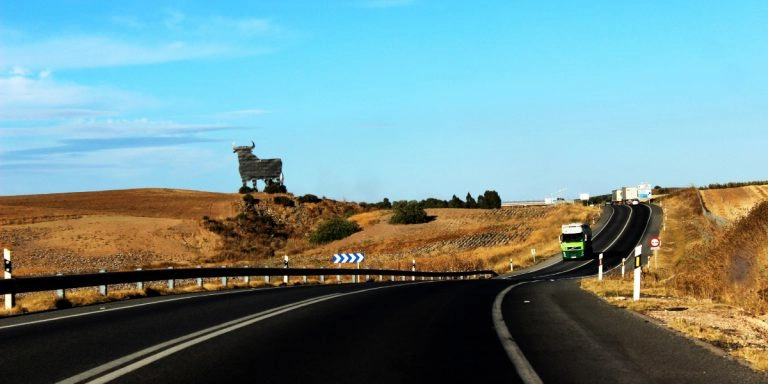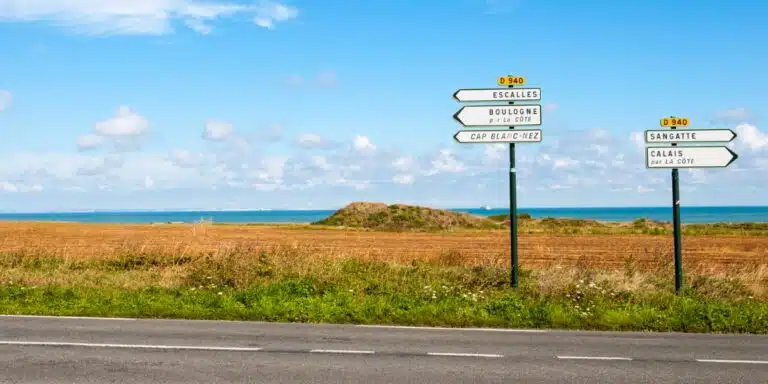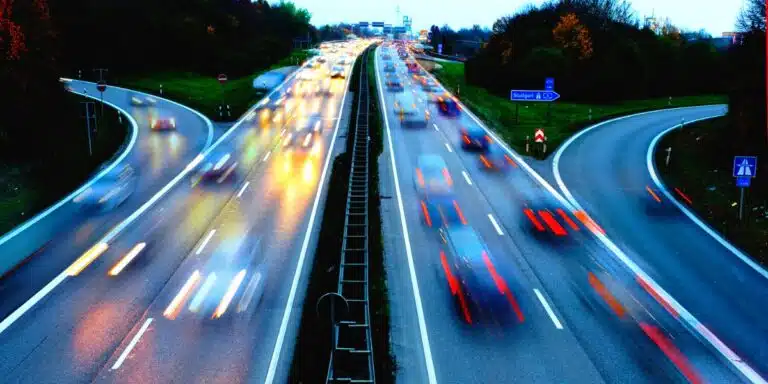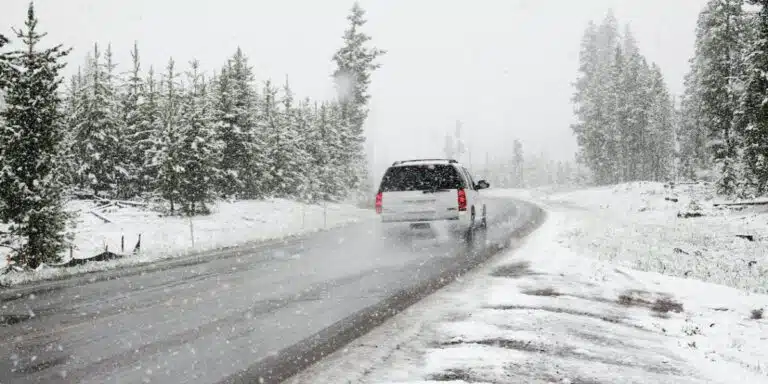This post may contain affiliate links, from which we earn an income. Click here to read our affiliate policy.
Planning an eco-friendly road trip across the UK doesn’t mean compromising on adventure or comfort. By combining smart route planning, efficient driving techniques, and sustainable travel choices, you can reduce your carbon footprint by up to 30% while exploring Britain’s stunning landscapes. The key lies in three main areas: optimising your vehicle’s performance, choosing green accommodation options, and minimising waste throughout your journey.
Modern eco-routing technology and simple driving adjustments can dramatically cut both fuel consumption and emissions. When paired with responsible travel choices like staying at certified eco-lodges and supporting local businesses, your road trip becomes part of the solution rather than the problem.
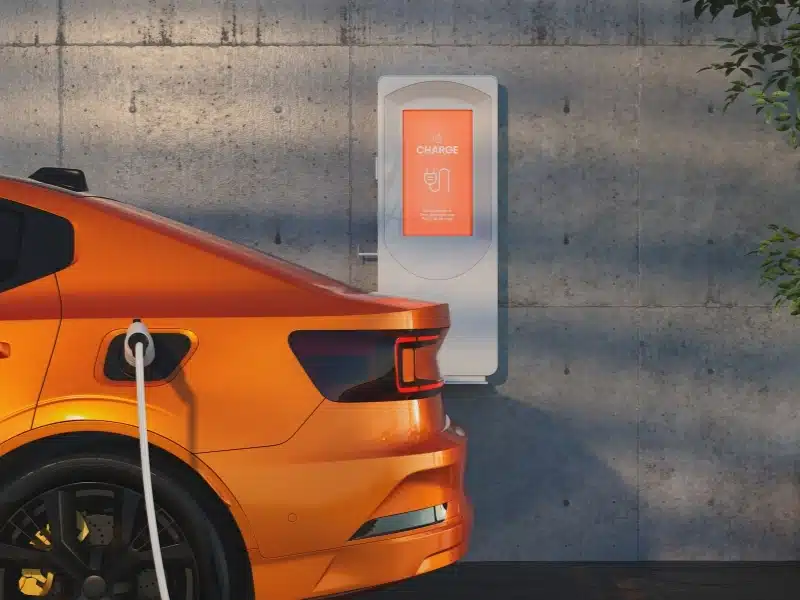
Smart Route Planning Saves Fuel & Time
Using eco-routing features available in apps like Google Maps, Waze, or dedicated sat-nav systems can reduce your mileage by 10-15%. These tools calculate routes that avoid heavy traffic, steep hills, and frequent stops – all factors that increase fuel consumption. Plan your UK road trip during off-peak hours when possible, and consider combining multiple destinations in one trip rather than making several shorter journeys.
Research shows that consolidating errands and destinations can cut total driving distance by up to 25%. Before setting off, check traffic patterns for your chosen route and identify charging points if you’re driving an electric or hybrid vehicle.
Master Eco-Driving Techniques
Smooth acceleration and maintaining steady speeds between 50-70 mph delivers optimal fuel efficiency for most vehicles. Harsh braking and rapid acceleration can increase fuel consumption by 40%, according to the Department for Transport. Keep your speed steady on motorways – using cruise control where appropriate can improve efficiency by 7-14%.
Proper tyre pressure is crucial for eco-friendly driving. Under-inflated tyres increase rolling resistance, forcing your engine to work harder and burn more fuel. Check your tyre pressure monthly, as correctly inflated tyres can improve fuel economy by up to 3%.
The Road Trip Sustainability Impact
Key statistics that show why eco-friendly driving matters:
The infographic visually demonstrates key sustainable development trends in the UK transport and tourism sectors. It presents data on the share of emissions from transport (26%), the reduction in car emissions from 1990 to 2021 (21%), the level of environmental awareness among travellers aged 25–34 (71%), preferences when booking hotels with sustainable practices (48%), global demand for eco-friendly accommodation options (81%), and the share of eco-certified properties with good sustainability practices (40%+). Each section is accompanied by an easy-to-understand icon and a bright visual presentation.
Choose the Right Tyres for Efficiency
AUTODOC states that tyres play a vital role in vehicle efficiency, with low rolling resistance tyres reducing fuel consumption by 4-8%. When replacing worn tyres, look for those with an ‘A’ rating for fuel efficiency on the EU tyre label. These tyres are specifically designed to minimise energy loss as they roll.
When you have old tyres to dispose of, it’s important to explore responsible and environmentally friendly options. Many local councils and recycling centres in the UK accept old tyres for proper processing, ensuring they don’t end up in landfills. Additionally, some tyre retailers and garages offer recycling services when you replace your tyres.
Regular tyre rotation and alignment also extend tyre life, reducing the frequency of replacements and associated environmental impact.
Sustainable Accommodation & Dining
Book stays at eco-certified accommodation through platforms like Green Tourism or look for properties with renewable energy sources, water conservation measures, and local food sourcing. Many UK hotels and B&Bs now display their environmental credentials prominently.
Support local food systems by choosing restaurants that source ingredients within a 30-mile radius. Farm-to-table establishments not only reduce transportation emissions but often provide fresher, more authentic regional cuisine that enhances your travel experience.
Minimise Road Trip Waste
Pack reusable water bottles, coffee cups, and food containers to avoid single-use plastics. Bring a cool bag instead of buying items in disposable packaging from motorway services. Research shows that the average family road trip generates 2-3kg of unnecessary packaging waste.
Choose digital maps and tickets where possible, and pack a small recycling bag to separate waste properly at your destinations.
Top UK Sustainable Tourism Destinations
Scotland leads the UK in sustainable tourism initiatives, with the North Coast 500 route featuring numerous eco-friendly accommodations and local food networks. Wales’ Pembrokeshire Coast offers excellent public transport links and certified green businesses.
The Cotswolds and Lake District both promote slow tourism, encouraging longer stays in fewer locations. These regions have invested heavily in electric vehicle charging infrastructure and sustainable transport options.
Eco-friendly road trips demonstrate that sustainable travel enhances, rather than restricts, your experience. By combining efficient driving, responsible accommodation choices, and waste reduction, you’ll discover that green travel often leads to more authentic, memorable adventures while protecting the landscapes you’re exploring for future generations.


